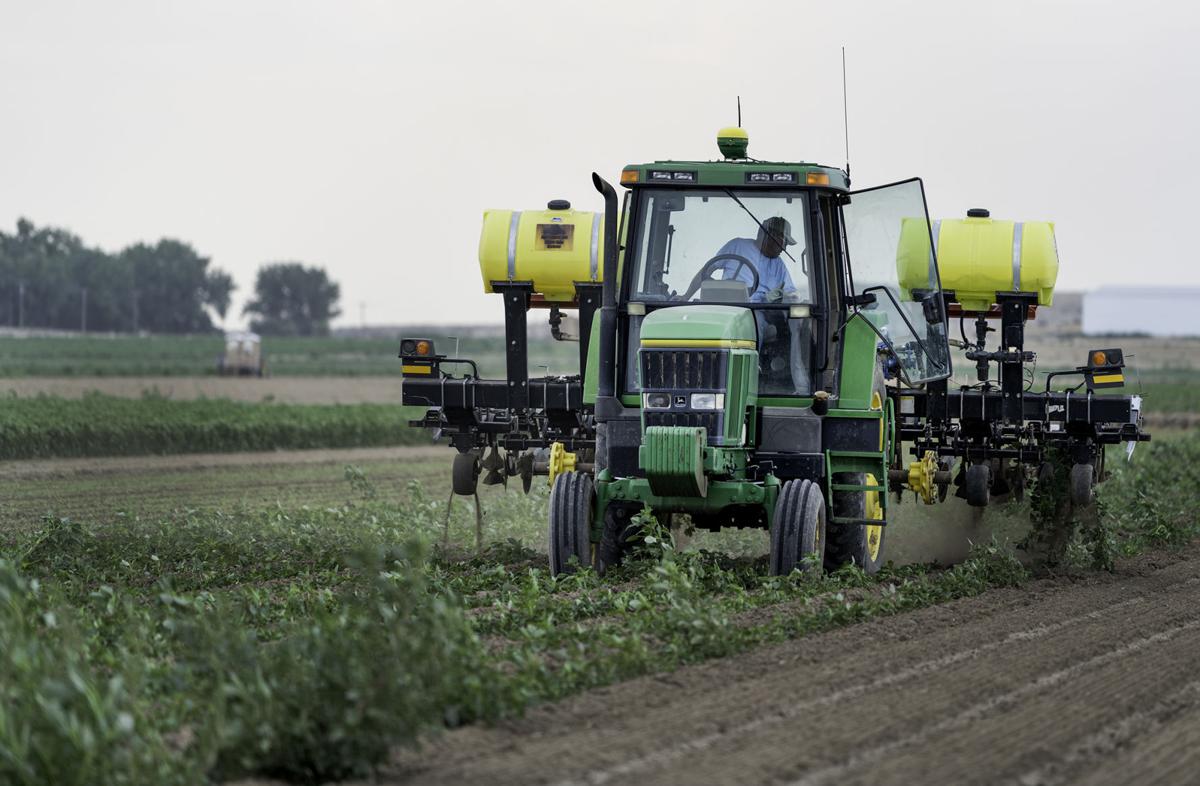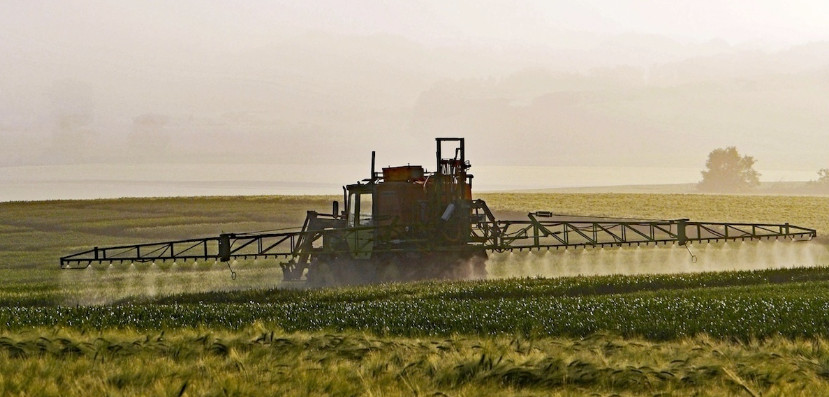Rainfall is vital in order to have a successful growing season. Having too much or too little can heavily impact a growing season.
Too much can hurt the crops, and too little can mean having to cut down on planting, leaving some fields empty.
But no matter what rainfall comes, farms in Pueblo, Rocky Ford and La Junta strive to harvest the best crops possible for customers looking for fresh produce.
Though some might think heavy rains would be beneficial to farmers, it’s actually irrigation they rely on the most, as some crops need dry conditions to grow.
Irrigation also prevents weed growth in grain fields, and soil consolidation.
Farmers throughout Pueblo County and the Arkansas Valley prefer irrigation over heavy rainfall, and they use an extensive system of ditches and water diversions to water their crops.
They also prefer dry heat to moisture.
Officials at Pueblo County’s DiSanti Farms and Musso Farms say having too much rain is worse for the crops, and they see the dry weather as a good thing.
“It’s definitely drier this season,” said Justin DiSanti, manager of DiSanti Farms. “It benefits us because we rely more on irrigation than rainfall.”
Because of the dry weather, some fields were left empty so the farmers could focus on the area’s signature product.
“We don’t want to cut down on the chile fields,” DiSanti said.
As for the rest of the growing and harvesting season, DiSanti said they’re feeling optimistic and the crops are looking good. The peppers have about a week before they can be harvested.
Musso Farms owner Carl Musso definitely prefers this season from last season.
“We got too much rain last year,” Musso said. “Yes, rain is good, but we just need an ample supply of water in the ditch for irrigation.”
While rain is seen as good, it’s only good during planting season in April and May. Anything later than that can rot crops, such as squash.
“Having too much rain is not good when harvesting,” Musso said.
“The crops are looking fantastic. The watermelon and cantaloupe are the sweetest it’s been in years, and the chile is hotter this year because of the hot, dry temperatures.”
Farms in the Arkansas Valley benefit from the dry heat, as well, but farmers have their own preferences on watering crops.
Gail Knapp, owner of Knapp Farms in Rocky Ford, said for irrigation purposes the farmers prefer when the rain comes to them from Pueblo and Colorado Springs via the Arkansas River.
At this time last year, Knapp said roughly 15-20 inches of rain fell. This year, roughly 2-3 inches of rain has fallen.
“This year marks the earliest Rocky Ford melons have been harvested,” Knapp said. “We started harvesting cantaloupe June 25 and watermelon July 3.”
Lusk Farms in La Junta uses an automatic drip system to water the roots of the plants and help conserve water.
Donna Lusk, who runs the Lusk Farms Market, said the soil is very sandy, “and that is very good for the sweetness in the fruit, like cantaloupes and watermelons.”
Lusk said the valley experienced a lot more hail than rain last year, which wiped out a lot of the crops.
Farmers always plan ahead so they don’t plant too much. Doing so ensures they will have something to sell.
“All the farmers in the valley had to plan what they were going to plant because we knew there was going to be a drought and we weren’t going to get enough water to plant all of our fields,” Lusk said.
And good news for consumers: Due to the successful harvests this year, farm stands throughout Southern Colorado are open for business.
Credit: www.chieftain.com




